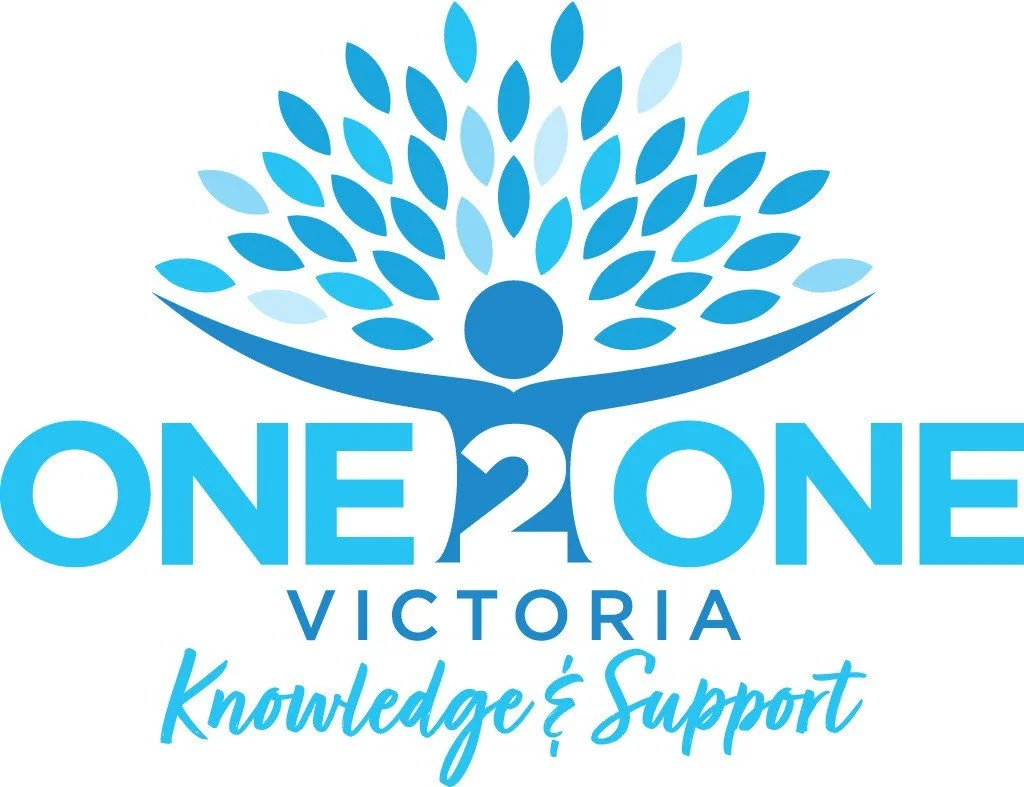The Benefits For Clients
When a worker undertakes mentoring, the client or participant benefits in several meaningful ways:
Higher Quality Support: Mentored workers are more skilled, confident, and knowledgeable, leading to more consistent, person-centred care.
Improved Communication: With guidance from a mentor, workers improve how they listen and respond to clients, promoting trust and stronger relationships.
Greater Safety and Professionalism: Mentoring reinforces ethical practices, proper documentation, and safe decision-making—key to protecting client wellbeing.
More Responsive Support: Workers learn to better adapt to individual needs, preferences, and goals, ensuring support is flexible and participant focused.
Consistency in Care: Mentoring encourages reflective practice and continuous improvement, which helps maintain a high and reliable standard of support over time.
Empowerment and Inclusion: Clients benefit from being actively involved in their care, as mentored workers are often better at encouraging independence and respecting client choice and control.
In short, mentoring enhances the worker’s ability to deliver safe, respectful, and effective support—leading to better outcomes and improved quality of life for the client.

